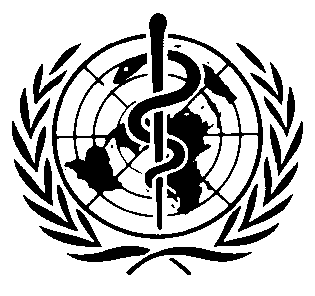International Chemical Safety Cards
| 2-MERCAPTOIMIDAZOLINE | ICSC: 1148 |




Ethylene thiourea ETU C3H6N2S Molecular mass: 102.2 CAS # 96-45-7 RTECS # NI9625000 EC # 613-039-00-9 October 24, 1994 Peer reviewed |
| TYPES OF HAZARD/ EXPOSURE | ACUTE HAZARDS/ SYMPTOMS | PREVENTION |
FIRST AID/ FIRE FIGHTING |
| FIRE |
Combustible.
Gives off irritating or toxic fumes (or gases) in a fire.
|
NO open flames.
|
Powder, water spray, foam, carbon dioxide.
|
| EXPLOSION |
|
|
|
| EXPOSURE |
|
PREVENT DISPERSION OF DUST!
AVOID EXPOSURE OF (PREGNANT) WOMEN!
|
|
| •INHALATION |
|
Local exhaust or breathing protection.
|
Refer for medical attention.
|
| •SKIN |
|
Protective gloves.
Protective clothing.
|
Remove contaminated clothes.
Rinse skin with plenty of water or shower.
Refer for medical attention.
|
| •EYES |
|
Face shield.
|
First rinse with plenty of water for several minutes (remove contact lenses if easily possible), then take to a doctor.
|
| •INGESTION |
|
Do not eat, drink, or smoke during work.
|
Rinse mouth.
Refer for medical attention.
|
| SPILLAGE DISPOSAL | STORAGE | PACKAGING & LABELLING | ||
|
Sweep spilled substance into sealable containers; if appropriate, moisten first to prevent dusting.
Carefully collect remainder,
then remove to safe place.
Personal protection: self-contained breathing apparatus.
|
Keep in a well-ventilated room.
|
Note: E T symbol R: 61-22 S: 53-45 |
||
| SEE IMPORTANT INFORMATION ON BACK | ||||
|
||||